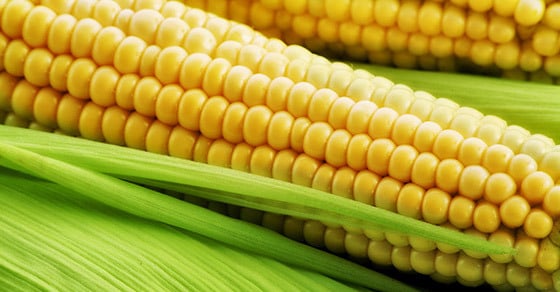With the global population estimated to exceed nine billion people by 2050, meeting future food production demands has become a focal point of this generation; all over the world, scientists and ag producers are working toward maximizing crop yields while minimizing risks to the environment.
With increasing importance, fertilizers are likely to play an even more essential role in meeting these goals than the one they have already played in advancing modern agriculture.
One Public International Organization, International Fertilizer Development Center, or IFDC, has been instrumental in this effort, working steadfastly for decades to meet the ever-changing needs of agriculture around the world. Through their diverse work, the IFDC is championing the future of agriculture and fertilizer’s vital role in it.
Fertilizer’s Role in Food Security
The advent of modern fertilizer has been called one of the greatest inventions of the 20th century, and is responsible for supporting a significant portion of the global population. It is widely accepted that about half of the Earth’s population is here courtesy of fertilizer.
The International Fertilizer Association (IFA) estimates that agricultural productivity will need to increase by 60% (compared to 2005 levels) in order to meet the demands of the burgeoning population. As arable land becomes less available, closing the gap between actual and attainable yield has evolved from a luxury to a necessity.
While many factors contribute to achieving maximum crop yield, the ability to substantially increase food production relies heavily on fertilizers. Fertilizers are currently responsible for around 40 – 60% of global food production, with slash and burn areas relying on up to 90%, according to the International Plant Nutrition Institute.
Developing countries have historically faced significant obstacles in agronomic and economic productivity, lacking access to knowledge and cost-effective nutrient inputs. This has become of increasing concern as population growth is especially rapid in these regions, requiring smallholder farms to keep pace with demand, as well as growing pressure to supply exports. Some countries also rely on the sale of their crops to acquire the agricultural supplies they need to continue cropping.
How IFDC is Making a Difference
Working in various countries around the world, IFDC offers agricultural expertise, cutting-edge research, training, and so much more that would otherwise not be accessible to smallholder farms.
Their mission is stated as follows:
IFDC enables smallholder farmers in developing countries to increase agricultural productivity, generate economic growth, and practice environmental stewardship by enhancing their ability to manage mineral and organic fertilizers responsibly and participate profitably in input and output markets.
Each year, the organization advances global agriculture through strategic and widespread efforts in agricultural policy, capacity building, fertilizer research and development, integrated soil fertility management (ISFM), and market development through a variety of programs and initiatives, including:
- Supporting agricultural policy reform and encouraging regional collaboration
- Various training programs
- Development of new fertilizers, improved technologies, and agricultural practices
- Maximizing nutrient and water efficiency while promoting balanced crop nutrition
- Connecting farmers to input and output markets, providing technical assistance, and facilitating partnerships for financial and business support
They also provide expertise in a variety of other areas that give farmers access to the latest advancements and decision-making tools.
FEECO in the Fertilizer Industry
Having both worked with the Tennessee Valley Authority (TVA) at the start of the modern granulation era, FEECO and IFDC have similar roots in the fertilizer industry. Our similar interests in fertilizer production technology have allowed us to work on various projects together throughout the years, including the design and manufacturing of an IFDC pilot plant to aid in their mission.
Like IFDC, we use batch- and pilot-scale testing to advance fertilizer products and the technology used to produce them. The FEECO Innovation Center is used by the fertilizer industry’s top players to produce both traditional and specialty fertilizer and soil amendment products.
Together, along with the many others invested in the fight to feed the world, we can create the products of tomorrow by maximizing crop yield and nutrition, while mitigating environmental risks through improved fertilizers and crop nutrition practices.
Conclusion
IFDC is paving the way toward the next era in agriculture, advancing the industry and making its technology and knowledge accessible to everyone. FEECO is proud to aid in this effort through custom fertilizer production equipment, systems, and process development.
FEECO is a long-standing member of the fertilizer community and a preferred provider of the industry’s most progressive producers. For more information on our fertilizer capabilities, contact us today!

